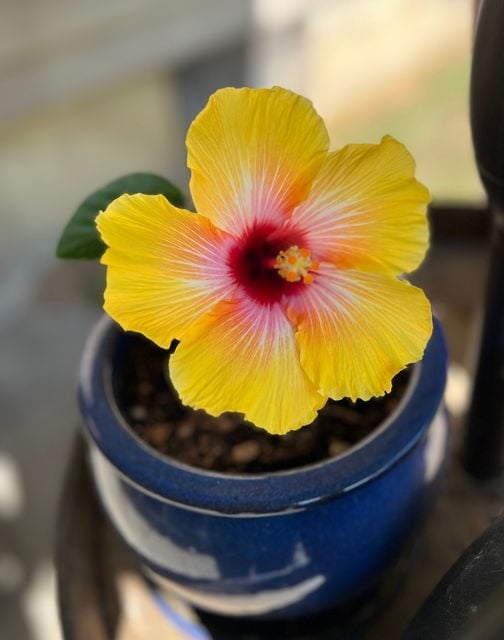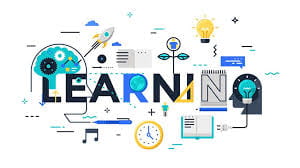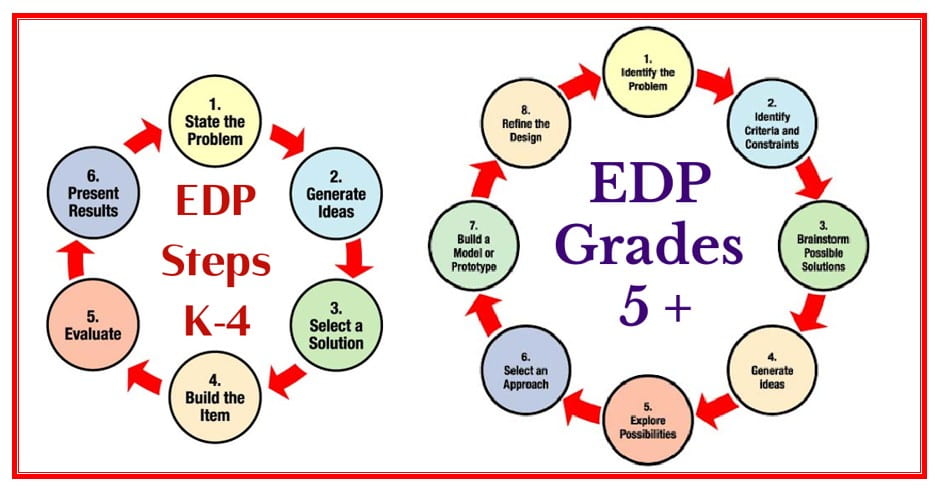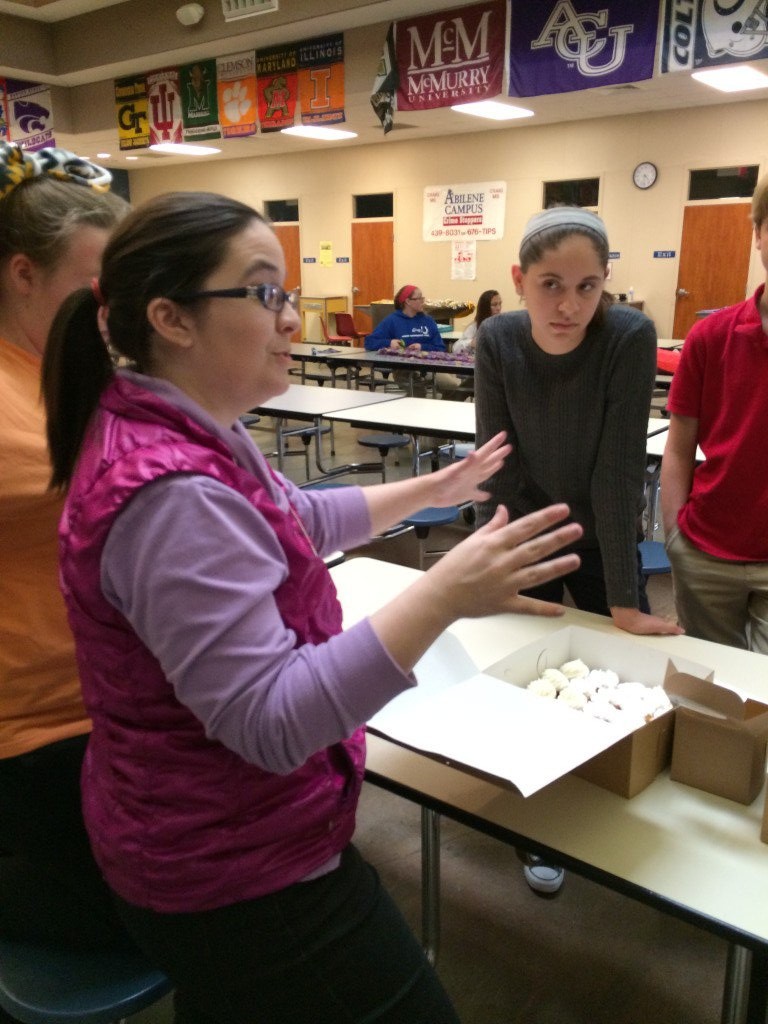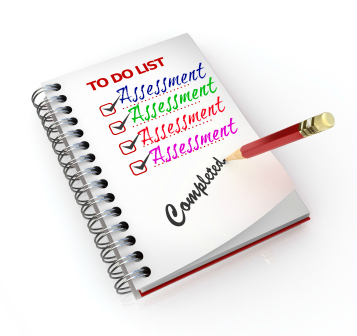Category: Learning, Post Feed, Remote, Online & Mobile Learning
Tags: B.J. Lovett, E. Ferrer, E.D. O'Hare, Ed. Quotes, Fluid Intelligence, Fluid Reasoning, Helen Teague, J.A. Mogle, M.J. Kane, M.J. Sliwinski, R. S. Stawski, R.W. Engle, S. W. Tuholski, S.A. Bunge, Weekend Ed. Quote
Continuing with the thought of learning constructs from the previous weekend ed. quote, here is an educational quote regarding fluid reasoning.
“Fluid Reasoning (FR) or Fluid Intelligence – referred to a general cognitive ability that emerges early in life and is applied by the child during any information retrieval process. … FR has been linked to other important cognitive abilities. For example, cross-sectional behavioral studies indicate that FR is related to working memory and executive functioning (Engle et al., 1999), and to secondary memory (Mogle et al., 2008).” Ferrer, et al., 2009, Fluid Reasoning and the Developing Brain

References
Engle, R. W., Kane, M. J., and Tuholski, S. W. (1999). Individual differences in working memory capacity and what they tell us about controlled attention, general fluid intelligence, and functions of the prefrontal cortex. In Models of Working Memory, A. Miyake and P. Shah, eds (New York, Cambridge University Press), pp. 102–134.
Ferrer E, O’Hare ED, Bunge SA. (2009). Fluid reasoning and the developing brain. Frontiers in Neuroscience, (1):46-51. http://doi.org/10.3389/neuro.01.003.2009. PMID: 19753096; PMCID: PMC2858618. https://pmc.ncbi.nlm.nih.gov/articles/PMC2858618/
Mogle, J. A., Lovett, B. J., Stawski, R. S., and Sliwinski, M. J. (2008). What’s so special about working memory? An examination of the relationships among working memory, secondary memory, and fluid intelligence. Psychological Science. 19, 1071–1077.
More Weekend Ed. Quotes
#GCUTEC544 #GCUTEC595 #GCUTEC516 #GCUTEC521
#CUNE604, #CUNE605


